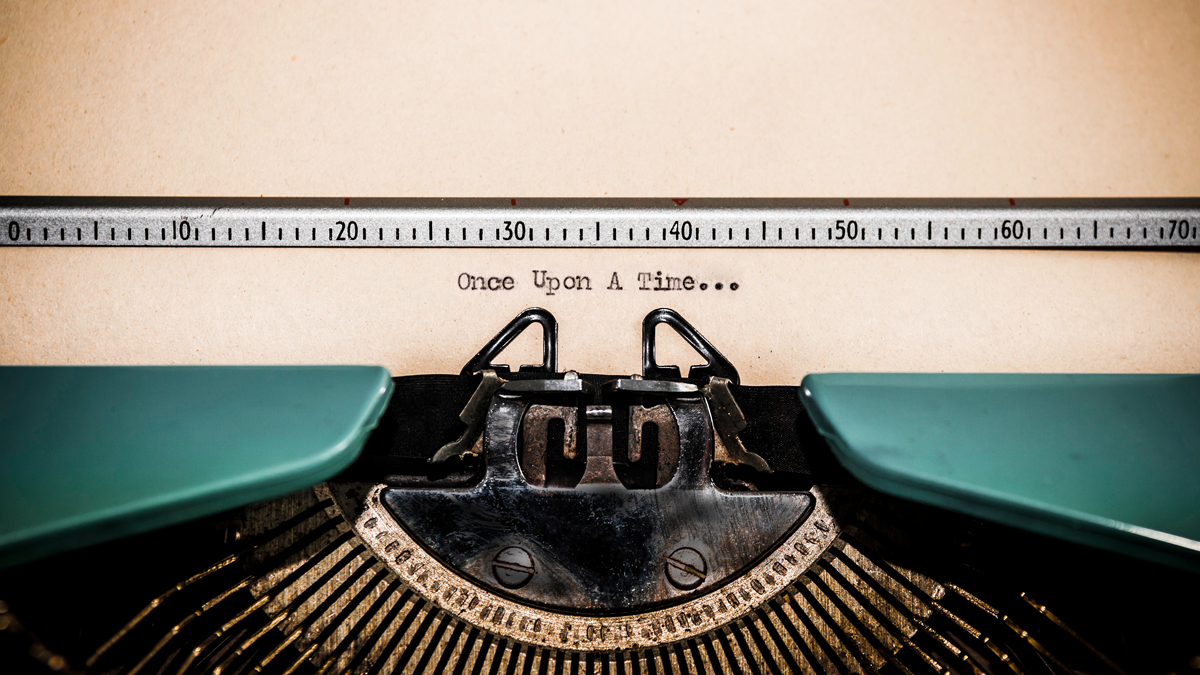Mark Lewis shared a post by Sayed Tabatabai, Nephrologist, San Antonio Kidney Disease Center, on X, adding:
“These are the grace notes of patient identity that we lose when the “social history” becomes a reductive checklist of vices.
There is a power in storytelling, and in listening. Really hearing another human’s narrative is at the core of medicine’s most meaningful encounters.”
Quoting Sayed Tabatabai:
“I glance down at the paperwork my patient has filled out before his visit. Occupation: Retired harbour master. Two things: I’ve never met a harbor master before. And “harbour” with a “u.” Interesting. It’s the little everyday mysteries that I love most. That reveal us.”
He’s almost 100 years old, and yet he springs up from his seat when I enter the room. He shakes my hand so firmly I can feel the sting in my knuckles. His smile is ear to ear, and his eyes are bright. “Doctor, how are ya? Good to see you!” I can’t help but smile, “Hello!
As I take a seat, I instinctively pull my seat closer to his. With my patient population, I’ve learned to sit closer, to speak slower, and louder. Be direct. Sometimes I forget to switch this off. Sometimes younger patients wince and tell me to stop yelling at them. Sorry.
Ostensibly we are here to talk about this delightful gentleman’s kidneys. But the truth is, his kidneys are fine for his age. There isn’t much to change or do differently here. I tell him so. He nods, “Getting old isn’t all beer and Skittles! Glad the beans are alright.”
I have to ask. “Where are you originally from, sir?” “New Zealand!” Is the cheerful response. Ah yes. Harbour not harbor. “And what does a harbor master do?” He laughs, whole-heartedly. The crows feet around his eyes crinkle as they must’ve countless times before.
“I used to make sure that all the boats, they all were in the right places. From the little tiny ones to the big yachts. Followed the rules. Ran the show and all.” I listen, and ask, “Did you enjoy it?” “Oh I loved it. But it wasn’t all beer and Skittles!” I laugh.
He grins, “You laugh doc, but when I started out as a harbour master, I wasn’t armed. By the end of it, I always had a gun!” I arch my eyebrows at this revelation. He nods solemnly now, “You’d be amazed how angry people get, when you ask them to follow the rules.”
I nod, letting the conversation drift into a natural silence. His gaze seems to be distant, so I pick this moment to go into my pre-canned speech on kidney function and diet and what the numbers mean and so on. He’s almost 100. Does any of what I say really matter?
He listens dutifully, then cracks that smile of his. “You know doc, my time is almost up.” I instinctively push back on this, interrupting him, laughing, “No, no, you’ve got years to go!” He shakes his head. “No, I know. It’s enough. I only have three things left to do.”
I have loved Medicine, for many reasons. Every day that I have been privileged to practice. And I am keenly aware that I will never love what I do more than when I wait for an almost 100 year old harbor master from New Zealand to tell me the three things he has left to do.
“First, I have to outlive my dog. She’s all I’ve got. She’s beautiful. She was an award-winner. Four times! She’s my best friend, and I have to see her off. She’s old, my age in dog years.” He gestures with arthritic hands, fingers trembling. Life is a delicate thread.
“Second, I’ve got to own a Ferrari! I loved cars my whole life, always said I’d buy one, but I never could. Money always had to go somewhere else. But, you’ll never believe this doc, I bought one! It’ll be here in three weeks. Used, and old, like me. But still kicking!”
“And third, I want to go home. I came here for my children. But I want to go back. Someday, before it’s too late.” He trails off, and I see the gentle rise and fall of his chest. The way he clasps his hands together in his lap. Suddenly, he seems very small. Frail.
And I find myself wishing. Wishing with all my heart. That this human being whose life intersected with mine on some random September morning, be granted all three of his wishes. How precious is each grain of sand in the hourglass. How easily the dreams slip away.
I realize I have to say something. I have been silent too long. So I stammer the first thing I can think of. “What kind of dog is she?” He smiles, his eyes sparkling with the joy of the memory. “Alaskan Malamute, doc, she’s a real beauty. I’ll bring a photo next time!”
I tell him he doesn’t really need a follow-up visit. “It’s okay doc. I’d like to follow-up, if it’s no bother.” “It’s no bother at all.” “Good. Good. A place for every boat.” “Beer and Skittles,” I blurt it out without thinking.
He laughs. “Beer and Skittles, doc.” He shakes my hand, we say our goodbyes, and I sit down in my office to chart. Name. Date of birth. Diagnoses. Data. Forms. Structure. None of it conjures the image. A dog, a car, a way home. Three wishes. Ships in a harbor. Harbour.”
Source: Mark Lewis/X and Sayed Tabatabai/X
Mark A. Lewis is the Director of Gastrointestinal Oncology at Intermountain Healthcare in Utah, the Co-Chair of adolescent and young adult (AYA) oncology in the SWOG cooperative group, and the Vice President of American Multiple Endocrine Neoplasia Support. Dr. Lewis is also a well-known patient advocate and social media influencer. His interests are neuroendocrine tumors and cancer syndromes.


